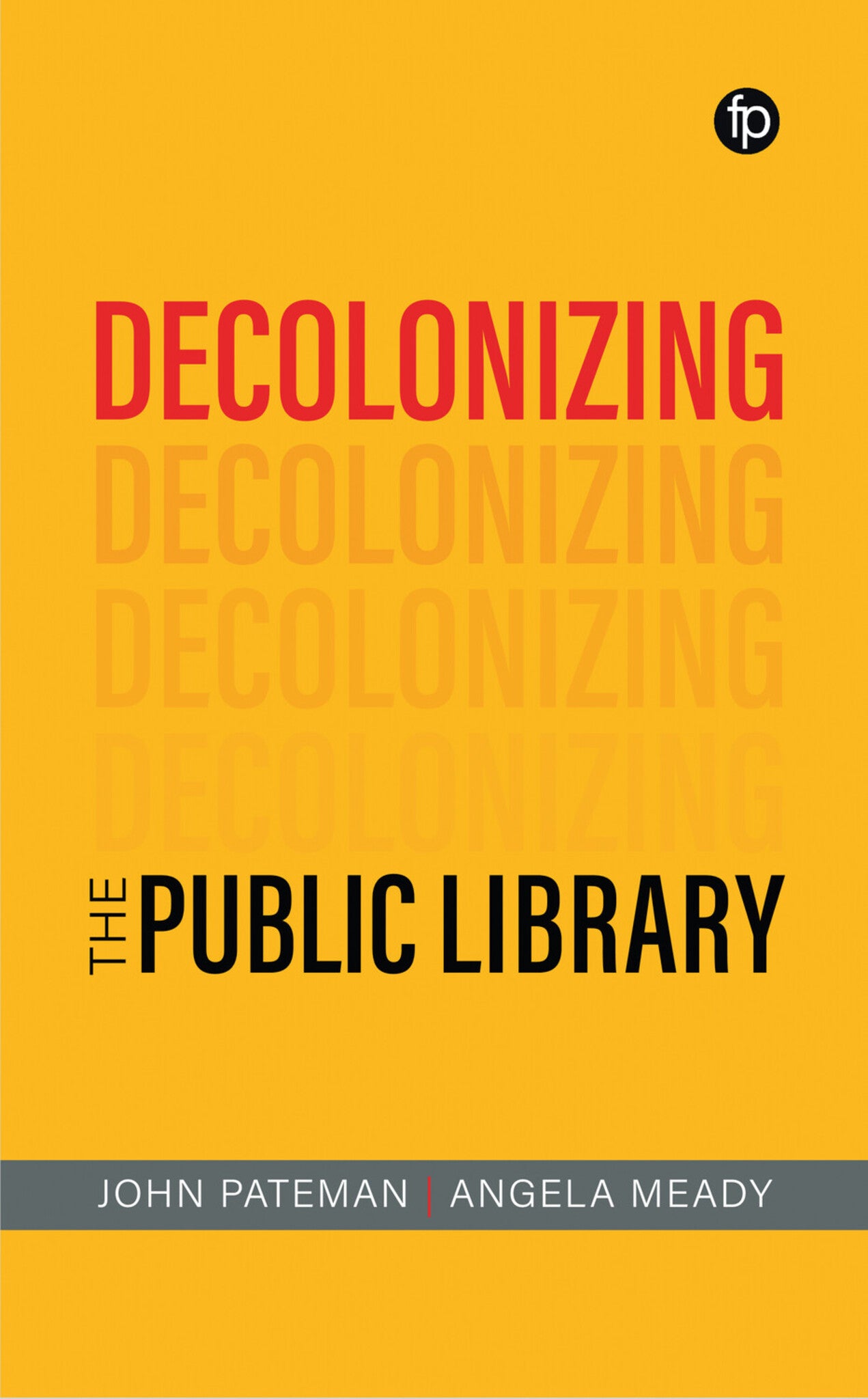We're sorry. An error has occurred
Please cancel or retry.
Decolonising the Public Library

Decolonizing the Public Library describes the main practical, methodological and theoretical approaches to decolonizing public libraries. Using case studies and best practice from Canada, the UK, Australia and New Zealand, the book provides a thorough understanding of the impact and legacy of imperialism, colonialism and neo-colonialism on the structure of the public library.
Through a discussion of the history and role of the public library as an agent of colonialism, this book explores how this paradigm can be reversed through decolonization, setting out anti-racism and decolonization strategies that can be practically applied to public libraries. Chapters cover:
- History and theory of racism, settler colonialism and decolonization;
- What decolonization means and how it can be applied to public libraries;
- The impact and outcomes of decolonization, and how these can be measured;
- How to respond to the opposition to decolonization;
- Practical tips and actions to implement decolonization in the library.
This practical guide is an essential read for librarians looking to learn more about how to decolonise their collection and library as a space.

LANGUAGE ARTS & DISCIPLINES / Library & Information Science / General, Library, archive and information management, Decolonisation of knowledge / Decoloniality

Introduction
Section One: Background and Theory
- Racism and Anti Racism
- Settler Colonialism
- Decolonisation
Section Two: Putting Ideas into Action
- The Needs Based Library
- Impact and Outcomes
- Resistance and Evaluation
Conclusion and Ways Forward




